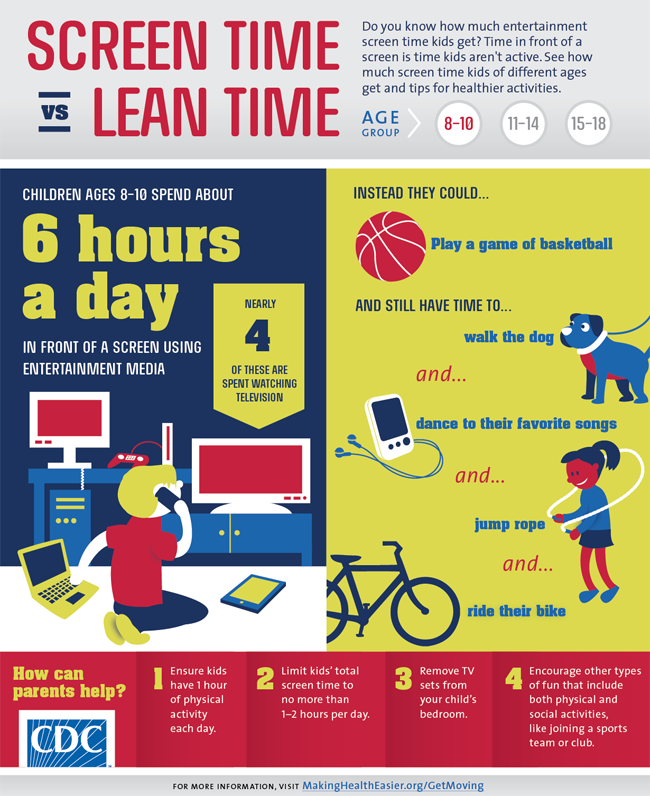Playing video games too much is a mental health disorder, according to the World Health Organization (WHO).
"Gaming disorder" will be included in WHO's 2018 International Classification of Diseases.
Recommended Videos
The organization describes gaming disorder as an addictive behavior that can "result in significant impairment in personal, family, social, educational, occupational or other important areas of functioning."
Here's WHO's official description of the disorder:
Gaming disorder is characterized by a pattern of persistent or recurrent gaming behaviour (‘digital gaming’ or ‘video-gaming’), which may be online (i.e., over the internet) or offline, manifested by: 1) impaired control over gaming (e.g., onset, frequency, intensity, duration, termination, context); 2) increasing priority given to gaming to the extent that gaming takes precedence over other life interests and daily activities; and 3) continuation or escalation of gaming despite the occurrence of negative consequences. The behaviour pattern is of sufficient severity to result in significant impairment in personal, family, social, educational, occupational or other important areas of functioning. The pattern of gaming behaviour may be continuous or episodic and recurrent. The gaming behaviour and other features are normally evident over a period of at least 12 months in order for a diagnosis to be assigned, although the required duration may be shortened if all diagnostic requirements are met and symptoms are severe.
Debate brews over gaming disorder
In 2014, the Diagnostic and Statistical Manual for Mental Disorders (DSM-5) introduced non-substance addictions as psychiatric diagnoses. That includes gaming disorder -- specifically online/Internet gaming.
However, the WHO's designation of gaming disorder as a mental health condition has sparked a heated debate among psychologists and researchers. Scholars write in an open debate paper for the Journal of Behavioral Addictions that such a proposal to create a new "disorder" for gaming is premature:
Concerns about problematic gaming behaviors deserve our full attention. Some gamers do experience serious problems as a consequence of the time spent playing video games. However, we claim that it is far from clear that these problems can or should be attributed to a new disorder, and the empirical basis for such a proposal suffers from several fundamental issues. Thus, we believe that, at this point, suggesting formal diagnoses and categories is premature and the proposal should be removed to avoid a waste of resources in research, health, and the public domain. Removing the proposal would also prevent significant violations of children’s rights to play and participate in digital environments, preserving their right to freedom of expression.
The scholars also write "the act of formalizing this disorder, even as a proposal, has negative medical, scientific, public-health, societal, and rights-based fallout that should also be considered."
CDC focuses on screen time
Meanwhile, the Centers for Disease Control and Prevention (CDC) has been focusing on how much screen time kids are getting. The CDC reports kids are getting about 7.5 hours of screen time every day. It recommends kids get at least 60 minutes of physical activity each day and fears screen time is taking away from that.
